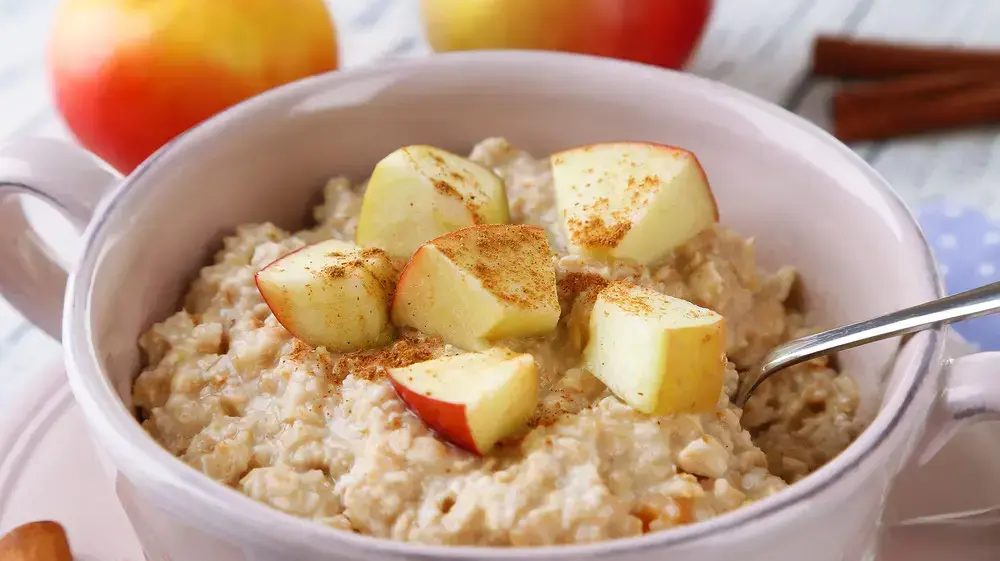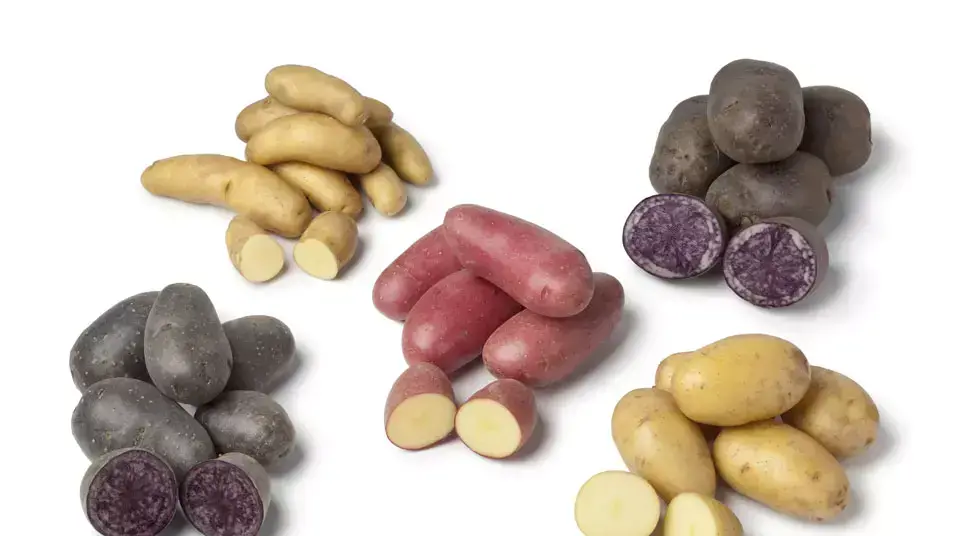health
Nutrition and diet
Preventive nutrition
6 easy steps to help you consume less sugar
We all consume too much sugar, and we are not always aware of it at all.
Reducing sugar from your diet will benefit both weight loss and overall health - here are 6 small steps to help you get started
Tags
Sugar
diet
diet
Diets
healthy nutrition
Good nutrition
Walla!
health
Tuesday, 12 October 2021, 09:56
Share on Facebook
Share on WhatsApp
Share on general
Share on general
Share on Twitter
Share on Email
0 comments
Booster-President Biden got vaccinated in the third dose against ...
More than a thousand interns demonstrate in Tel Aviv: "They lied to us ...
honey
Research confirms: Out of 2.5 million vaccinated - only 54 per ...
21 years old with a 15 year old girl
Anat Harel does plank exercises
Bennett: Working to stop with the mass isolations in the system ...
Elrai Price: I do not think we will need a vaccine in every half ...
100 calories
A man gets vaccinated against the flu
A story in a minute - the man who swallowed 40 knives
Biden: "Booster Packs Will Be Accessible and Free"
The video that proves how much sugar there really is in sugary drinks (YouTube)
We all consume too much sugar.
We know it, but are not always aware of it.
Sugar is found today in so many foods and food products, sometimes without us really realizing it.
The recommendation for sugar intake is that calories derived from sugars should not exceed 10 percent of daily caloric intake.
For most of the population it is about 150 calories derived from sugar.
Most people consume more than that - so how can it be reduced?
Eating less sugar is not only a consideration regarding weight and shape (although it obviously affects these greatly), but also a step of long-term health importance.
Reducing dietary sugar reduces the risk of developing metabolic diseases such as type 2 diabetes as well as heart disease.
Here are 6 relatively simple steps that will help you do just that:
More on Walla!
8 small changes to help you maintain weight
To the full article
1. Daily nutrition monitoring -
To start reducing your sugar intake, you must first understand how much sugar you actually consume per day, and where it comes from.
Try to keep track of your regular diet for a few days, read the food labels and check if it contains sugar and what kind (sugar can have many names - that's how you know them).
There is a high chance that you will be surprised to find sugar in some of the foods you consume daily and did not even know it was there or how much of it is actually there.
Extreme steps are less likely to succeed over time than gradual and moderate steps.
Sweets (Photo: ShutterStock)
2. Start small
- do not crack a total and complete withdrawal from sugar at once. You will only increase the chance that you will suffer from sudden and intense cravings for sweets and in general, in nutrition as in many other things in life - extreme steps are less likely to succeed over time than gradual and moderate steps.
3. Do not rush to replace sugar with artificial sweeteners
- just because something is 'sugar-free' does not necessarily mean it is healthy. Many sugar-free snacks contain artificial sweeteners like aspartame and stevia, which are not necessarily healthy ingredients. The choice of these chemical substitutes may even come back to haunt you like a boomerang. Studies show that the brain responds to the sweet taste of sugar substitutes in a similar way to how it responds to sweet, in the sense that it causes the secretion of substances that create a desire to eat more sweet.
4. Set yourself a "sugar budget"
- The sugars budget provides them with a limited number of calories that you are allowed to consume daily from sugar.
You can start with a modest budget of 100 calories a day from sugar - it is not much, but it can be enough for a chocolate cube or a small cookie.
The advantage of the sugar budget is that it gives you a framework, but allows you to decide how you want to utilize it - in several servings during the day, or in one sweet and rewarding treat?
It's up to you.
Is it in your budget?
Gif Chocolate Cookie Cookie (Photo: Giphy)
5. Behavioral Strategies
- Create new habits that will distract you and keep you away from the patterns that make you eat sweeter.
If for example you know that your weakness for sweets arises mainly in the evening and at night, try brushing your teeth and flossing immediately after dinner, which will make you think twice about putting something sweet in your mouth afterwards.
You can also turn off the light in the kitchen while you sit in the living room in the evening.
This may help you think less about the candy drawer in the pantry.
6. You will find sweet substitutes that work for you
- there are plenty of options for delicious snacks and pampering drinks that do not contain horrible amounts of added sugar.
Herbal tea instead of sugary drinks, fruit plate or fruit salad instead of a sugary dessert at the end of the meal - try to play with it and find the substitutes that work for you and meet your specific desire and need, so that you do not experience a shortage all the time.
More on Walla!
The study found that diet drinks contribute to weight loss
These are the healthiest vegetables there are and you should eat them every day
B-Cure Laser - Does It Really Help Back Pain?
Sugar Detox - How Long Does It Take?
If you are accustomed to consuming relatively large amounts of sugar daily, these gradual changes may also cause withdrawal-like effects.
These will be manifested in feelings of intense cravings for sweets and perhaps even other symptoms that are characteristic of withdrawal such as fatigue, headaches and the like, there are even people who report a flu-like feeling.
Most often, these symptoms go away within a few days to a week.
In a few people they may last a little longer, up to two to three weeks, so hold on.
Share on Facebook
Share on WhatsApp
Share on general
Share on general
Share on Twitter
Share on Email
0 comments









